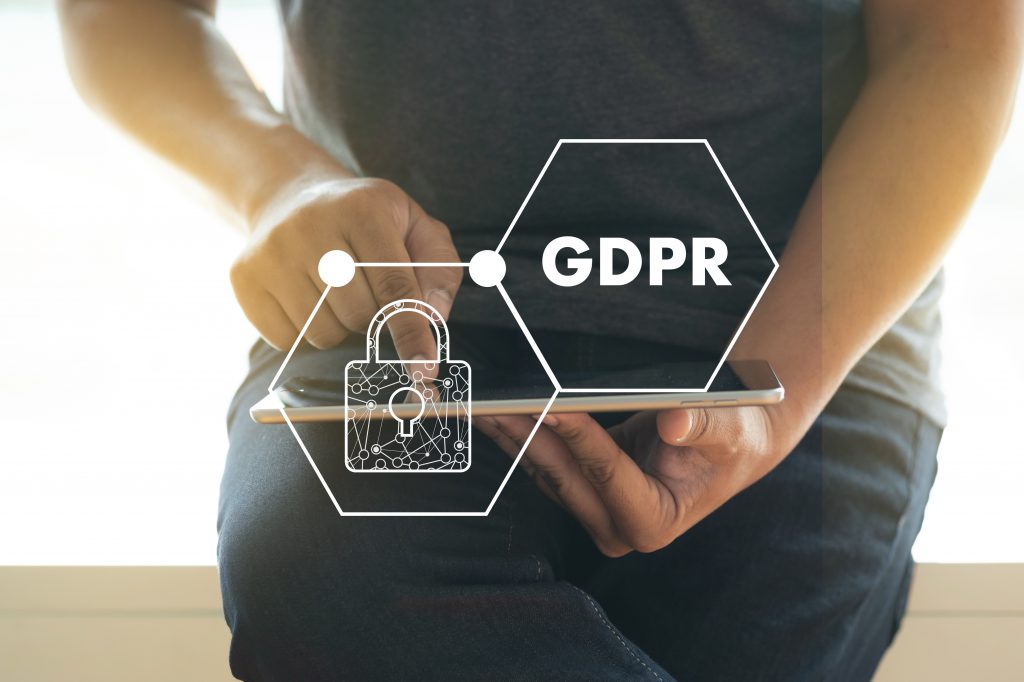Can GDPR and Marketing be good friends?
Does your company use e-mail as a communication channel with current and potential customers?
If your company communicates with current and potential customers through newsletters and mailing campaigns, you should be careful about explicit consent to data handling by all the contacts in your database. The new law requires explicit consent from the user to process their personal data and also requires that each e-mail sent has visible buttons that allow easy removal by the user. So the new law will improve your customer relationship from the outset since there will be a clear purpose for your relationship as well as eliminate the likelihood of your emails being classified as SPAM.
Do you have a small store and still put the information in manual documents?
The new GDPR will help your business modernize. It’s time to make your company’s digital! Because it is necessary to have explicit consent from the user, it is important that this consent is in a safe place and that there are no errors. Manual consent is much more susceptible to human error and much more likely to be lost. Therefore, a good solution for your company and for complying with the GDPR is to create a form for the new client or potential client to fill, which contains all the information about the future treatment to which the data will be subject. Contacts that already exist in a paper format should be transcribed into a digital format and an email containing the user’s personal data should also be sent to inform how the data will be processed.
Do you usually attend fairs and collect business cards?
Before the GDPR this question was very easy to solve: business cards were collected and then placed in an Excel file, possibly, and then these contacts became part of their database for sending newsletters and information from genre. However, due to the requirement for explicit consent for the processing of data, this method is not possible. So, if you want to use the emails to send campaigns, you must collect explicit consent from the holders of personal data. This point may seem unfavorable to Marketing, but the truth is that it will contribute to having a much more qualified and appropriate database for your business.
Do you usually send SMS campaigns?
If you send messages with promotions to your customers, you are required to submit a link to remove the database. The GDPR doesn’t allow messages to be sent without the right to opposition being fulfilled. And it is not enough to put a message to say that if the person does not want to receive more communications by this way can send an SMS to say it: it is mandatory that there is a link of automatic removal, in order to facilitate as much as possible the right to opposition.


About the author